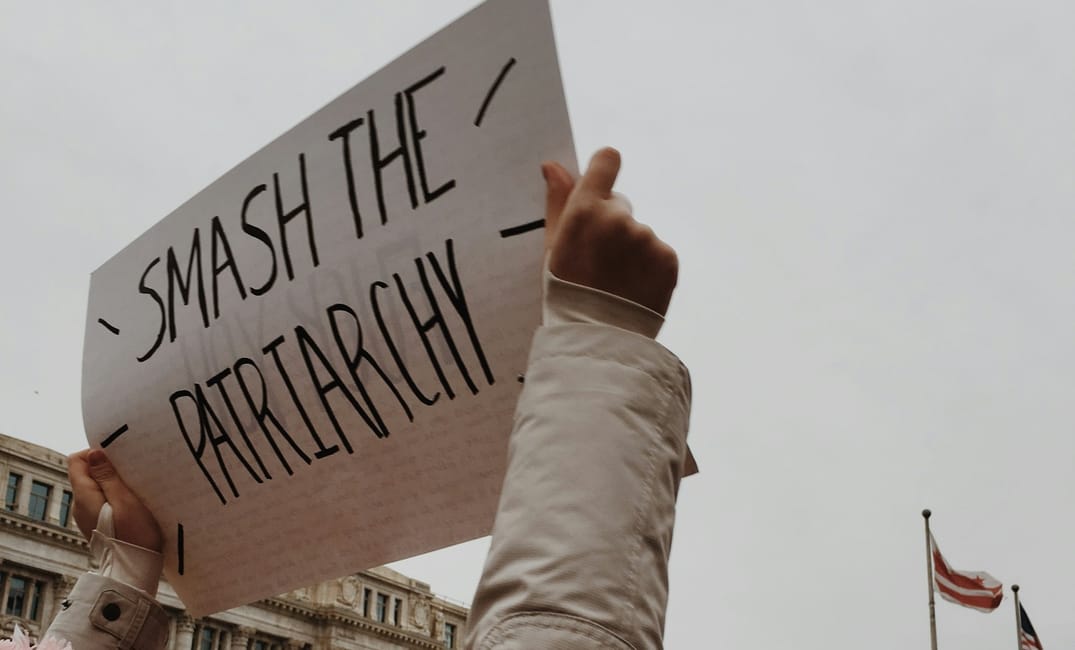Emily Cole
Naked Politics Blogger
Imagine the discomfort of turning up to a seminar on Gender and UK Politics discovering the other 7 students who showed up, plus the seminar leader, were all men.
Should I gear up for the defensive? Or were they going to be walking on eggshells around the issue of women in politics and women’s issues since none of them had any personal experience of it? In all fairness, most responses were thoughtful but there was one individual I found particularly problematic…
The question of “what are women’s issues?” was put to us and in two groups of four we set about unpacking it. In my group, we discussed the issues that disproportionately affect women, such as domestic violence, abortion, sexual harassment, FGM or the gender pay gap. We also touched on the issues that female MPs in the House of Commons are more likely to bring up for debate and pursue policies regarding women, such as childcare provisions, healthcare and education and those areas that are seen specifically as women’s issues.
When it came to feeding back to the group as a whole one individual’s responses that left me feeling rather frustrated. He denied the existence of “women’s issues” – and yes the inverted speech marks were used in his comments – and argued there aren’t matters that strictly effect women. The supposed “women’s issues” are those which concern us all as a society.

What an ill-informed perception of women’s issues. It’s not about matters purely effect women, although I’m pretty sure men aren’t the victims of period poverty or FGM, but it’s about those matters that disproportionately affect us. We all care about stopping domestic violence, sexual harassment, and rape and understand that these events happen to men as well. But, in ignoring that these crimes are most frequently directed at women, we can’t address their causes.
The root problems for women’s issues tend to stem from the historical power imbalance between men and women. Until we acknowledge power as the basis behind the types of crime that predominantly affect women, we can’t redress them.
To take rape as an example, when allegations against Christiano Ronaldo were made, a lot of responses “well why would he rape someone when he could have consensual sex with any woman he wanted?”. This assumption is part of the problem when it comes to rape because it’s rarely about sex. Rape, sexual assault or harassment are seldom about the pleasure drawn from the act, but about the feeling of power one gets from doing it.
To take the example of FGM, the whole premise of this abhorrent tradition is for men to police women’s bodies. Where in certain cultures cutting young girls to preserve their virginity and ensure they can’t enjoy sex is the norm, it is often also the norm for maintaining the practice of polygamy. Making sex for women unbearably painful while maintaining the right for a man to get pleasure from multiple women again shows how we need to refocus on the roots of issues and have a gendered understanding of the problems.
If we have a gendered understanding of certain issues, as well as talking about women’s issues, we can also better understand the problems which predominantly affect men. For International Men’s Day, a great focus is put on high male suicide rates which helps us to question why this is. Why are men so much less likely to seek help for mental health problems than women? Why are fathers persistently discriminated against in access to their children after a difficult divorce? Why are the groups that fight for that access, such as Fathers4Justice, excluded from the political world? Understanding certain issues to be gendered are important in order for us to help solve them.
A second point the same individual made was to do with female MPs and saying that there is no reason why a male MP should not be able to represent the interests of his female constituents in the same way a female MP could. While in theory this is clearly desirable, in practice it’s not the case.
It is highly unlikely that debates on the Tampon Tax/period poverty or abortion rights in Northern Ireland would get such prevalence if it wasn’t for female MPs sharing their own experiences. Danielle Rowley, in the debate on period poverty, discussed being on her period and the cost of it, whereas MPs such as Jess Philips and Heidi Allen talked about their own abortions and how important it was for women in Northern Ireland to have the same access to healthcare that other women across the UK have.
Men haven’t borne the burden of the cost of sanitary products. Men haven’t felt their heart sink when they see the two lines on a pregnancy test knowing they don’t have the means to support a child. It shouldn’t be controversial to say that women better understand the issues that disproportionately affect their gender.
The idea that the MP Christopher Chope, someone who voted against making upskirting a criminal offence and against measures designed to protect girls from FGM, can even begin to represent or understand women’s issues in the same way a female MP could is just ridiculous. Examples such as this really don’t help the idea that male MPs can sufficiently represent female interests when, especially before the FGM bill, there was so much outreach to him to persuade him to vote for it but he continued to let women down.
To tackle women’s issues we need to understand them as just that, issues that predominantly affect women. If we get more female MPs into parliament these issues will get the awareness that’s needed if we are to properly address them and their causes.

